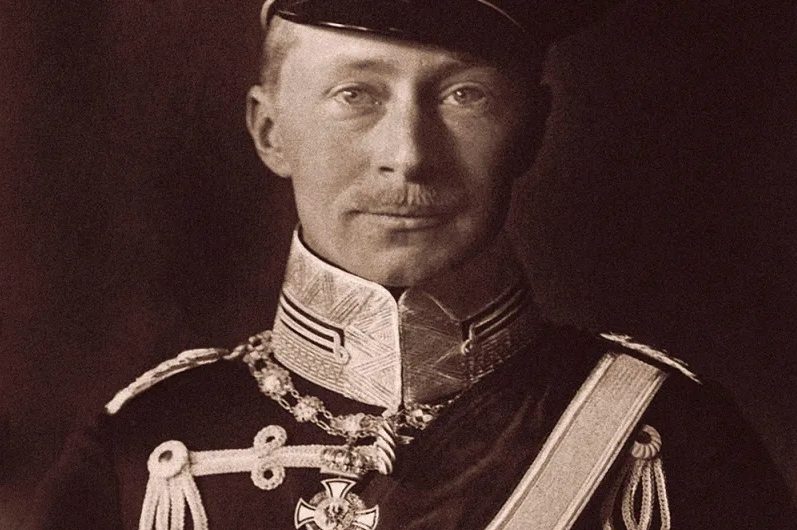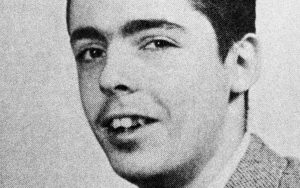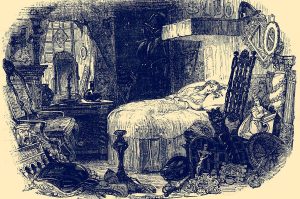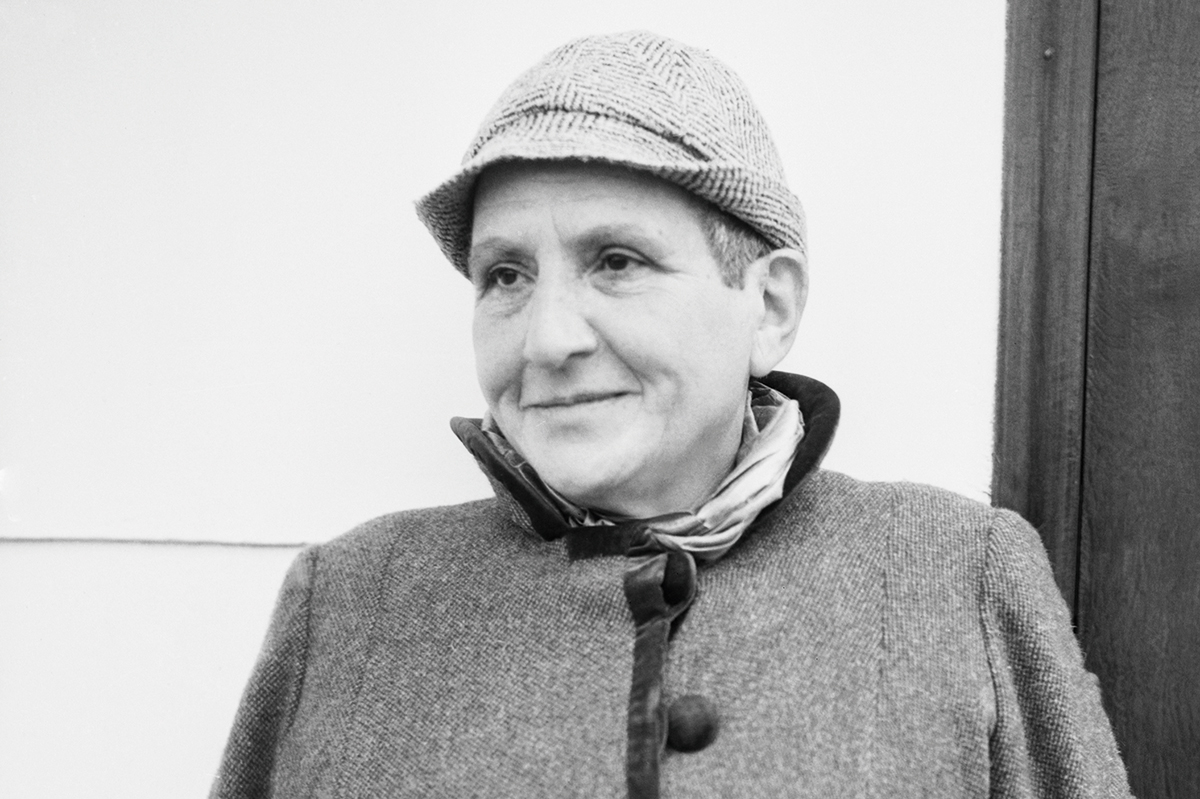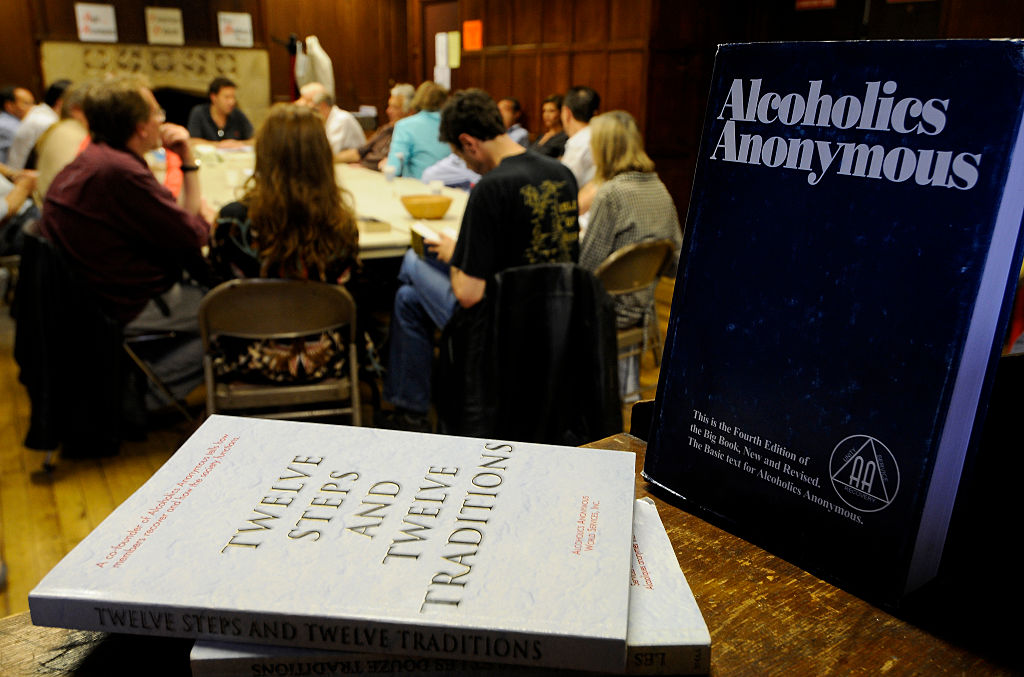Whenever a new study of the Nazi regime appears, it is taken as a given that after Adolf Hitler seized power and became dictator of Germany in 1933 an egalitarian society emerged, very different to previous decadent, backward-looking generations. In this modern era, it is assumed, the concerns of the Kaiser and the German elite were at best ignored and at worst made another target of the Führer’s purges.
In 1933, Wilhelm called Hitler a ‘torchbearer with unparalleled force of conviction and self-sacrifice’
It’s a tempting summation, but an over-simplistic one. As a biographer of the Duke of Windsor, I drew on documents that suggested that Hitler was in fact deeply impressed by the former Edward VIII. He not only hoped that he would prevail during the abdication crisis, but was delighted to receive him and his wife Wallis with all due ceremony and warmth in Germany in October 1937.
Stephan Malinowksi’s comprehensive history of the Hohenzollerns, The Hohenzollerns and the Nazis, ably translated by Jefferson Chase, emphasizes that Hitler, for all of his vaunted commitment to a new classless Germany based on the principle of Volks-gemeinschaft, or “people’s community,” was still dazzled by the breeding and advantages that an aristocratic title conferred. This was doubly true if the bearer of that title was Crown Prince Wilhelm of Prussia, the eldest son of Kaiser Wilhelm II, the last German Emperor and King of Prussia, who was compelled to abdicate in humiliating circumstances after Germany’s defeat in World War One and the subsequent November Revolution of 1918.
Born in 1882, Prince Wilhelm had fought for his country with distinction, commanding troops at Verdun and displaying conspicuous loyalty to his father the Kaiser at all times. Yet when the balance of power shifted, he (who was nothing if not self-interested) decided that he was best off associating with the coming regime and seeing what he could obtain for himself and his family in the process.
Malinowski’s compelling book explores the complexities of the unequal relationship between Hitler, the son of a minor Austrian civil servant, and Prince Wilhelm, a man born into unimaginable privilege and wealth, which he then forfeited. It is suggested that the two men had nothing in common save their opposition to democracy in Germany, and that they “both started agitating against the Weimar Republic at the same time.”
This proved to be enough. It helped that the Hohenzollerns had always inspired a measure of affection in their country. This meant that, even though they had ostensibly been neutralized with the coming of the Weimar, they believed they could capitalize on a useful idiot who would sweep away the opposition and prepare the ground for their return to power in some form.
Naturally, they were misled; and they severely underestimated what Hitler and the Nazis were capable of. Yet Wilhelm was no naive scion of the ancien regime. Initially, at least, he was an enthusiastic and committed supporter of fascism, who endorsed Hitler in 1932 with the hope that he might take on a role — such as “Reich President” — that would place him at the heart of the new order. Even when this did not come to pass, in large part because of his father’s disapproval, the “Swastika Kaiser,” as he was known, wrote a newspaper article in October 1933 in which he called Hitler a “torch-bearer” with “unparalleled force of conviction and self-sacrifice.” He suggested that loyalty to the Führer was “a duty of honor and a debt of gratitude for everyone with a German heart beating in their chest,” just as he was an enthusiastic exponent of what he called the “merciless battle against Jewry’. His support only waned when his friend Kurt von Schleicher, the former chancellor, was murdered during the Night of the Long Knives.
Wilhelm, like so many others, was outplayed and outmatched by Hitler. Denied the chance of high office, let alone any hope of seeing his family restored to the influence he craved, he withdrew from politics and was careful to be seen as neither taking sides for or against the Nazis during World War Two. This realpolitik meant that he was spared in the purge that followed the failed von Stauffenberg plot in July 1944, and that he also escaped the reparative justice visited on many of his countrymen at the end of the war, although he died a deeply diminished figure in 1951.
Malinowski leaves his readers in no doubt that the Hohenzollerns deserve opprobrium rather than respect — a conclusion that has caused considerable controversy in Germany. He writes that “their post-1918 attempt to connect with and constrain the Nazi movement reflects the self-estimation and mistaken calculations of the conservative camp as a whole.” Equally, their later attempts to depict themselves as embodying the last hope of principled resistance is, in his scornful estimation, a final “flickering of their impressive talent for creating self-serving legends.” Anyone who reads this important book will agree.



